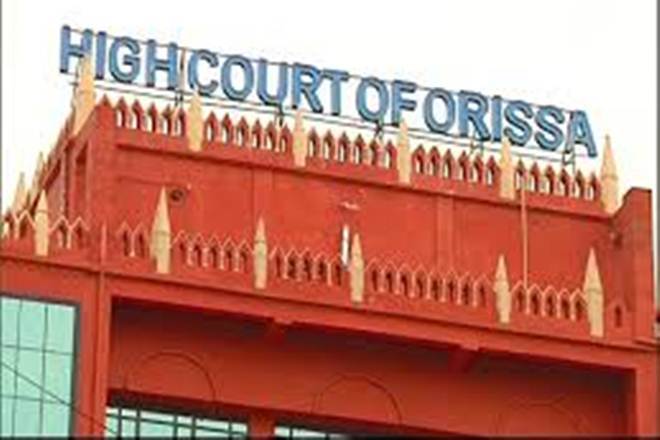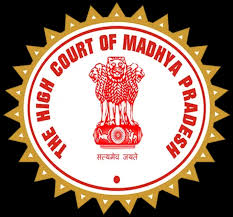1. The petitioner-respondent was made to retire on 31st January, 2008. However, that order was withdrawn by the respondents-appellants themselves on 17th April, 2008. Before that, the petitioner-respondent preferred writ petition before this Court on 27th February, 2008. Before the learned Single Judge, it has been stated by the respondent-appellant that the order under challenge has already been withdrawn and petitioner''s date of birth has been corrected so that the petitioner may retire on 31.1.2009. The impugned order was passed on 19th September, 2008 and the learned Single Judge allowed the writ petition, awarding back-wages and interest @ 10% and imposing cost of Rs. 10,000/- upon the respondents-appellants. Aggrieved by the award of back-wages and imposition of cost, the appellant preferred this appeal. According to the Learned Counsel for the appellant, when the order dated 17.4.2008 had already been withdrawn by the appellant and had been communicated to the petitioner-respondent, yet the petitioner-respondent did not come to join duty. It is also submitted that immediately after the order dated 17.4.2008 withdrawing respondent''s retirement from 31.1.2008, the respondent should have moved an appropriate application before this Court for withdrawal to the writ petition to take the benefit of the order dated 17.4.2008. It is also submitted that since the respondent did not pray for payment of back-wages, learned Single Judge committed an error of law in awarding back-wages and imposing cost in such a matter.
2. It is an admitted case that the respondent was made to retire wrongly by the appellant and therefore, till the order dated 17.4.2008, the petitioner-respondent could not discharge the duty because of the fault of the appellant itself. Not only this, but the condition imposed in the order dated 17.4.2008 withdrawing respondent''s superannuation that the order would be implemented only after disposal of the writ petition by the High Court prevented the petitioner-respondent from joining the duty on account of the fact that the implementation of the said order was stayed by the respondent-appellant itself even after withdrawal of the order of superannuation of the writ petitioner.
3. We find from the record that one Bench Slip was submitted by the writ petitioner on 16th July, 2008 with the prayer for listing the matter in Court because the writ petitioner''s grievance had been considered by the appellant and in view of the said prayer, the matter was listed in Court obviously for passing appropriate order.
4. At this stage, we are of the view that there was no justification for the appellant to put condition in the order of withdrawal of superannuation order of the writ petitioner that it will be effective from the date of withdrawal of writ petition by the writ petitioner. Once the appellant came to know that they have committed mistake, it was their duty to correct it forthwith. The respondent-appellant, who passed the wrong order, could have moved an appropriate application before the Court for disposal of the writ petition in the light of withdrawal of the order and therefore, it cannot be said that the respondent was not willing to discharge duty and that too, for a short period of one year.
In view of the above, while exercising the jurisdiction under letters patent, we are not inclined to interfere with the order awarding back-wages.
5. Learned Counsel for the appellant submitted that though the writ petition of the respondent was decided in the month of September, 2008, the respondent gave joining in the month of December, 2008 and therefore, the respondent is not entitled to salary of these three months.
6. Looking to the position and ability of the writ petitioner, we are not inclined to interfere in such a trivial matter regarding payment of salary of three months to the writ petitioner. However, we are of the considered opinion that it was not a fit case for award of the cost, when the appellant itself had corrected its mistake and further it is also not a fit case for award of interest to the writ petitioner, looking to the action already taken by the appellant by withdrawing the order. In view of the above reasons, this L.P.A. is partly allowed. The award of interest and cost is set aside.

